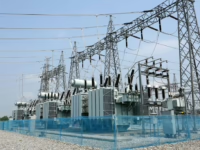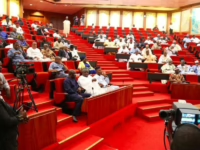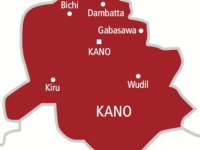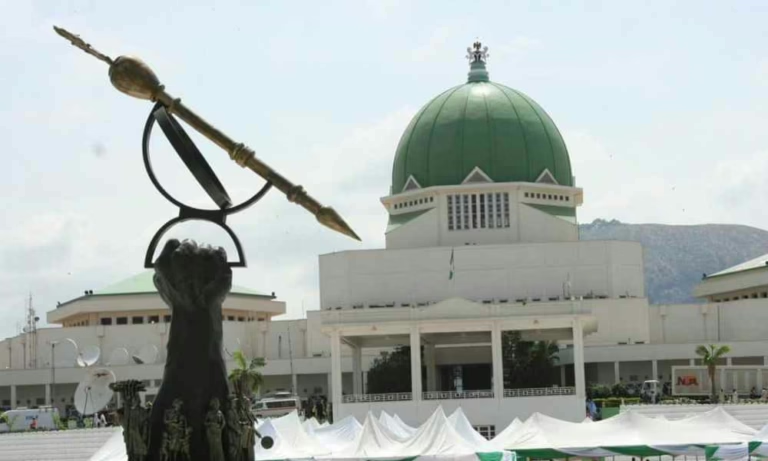The National Assembly has introduced comprehensive reforms poised to transform Nigeria’s electoral system, including a proposal to advance the next general elections to November 2026 and a fundamental revamp of voter identification and verification methods.
Presented during a joint public hearing by the Senate and House Committees on Electoral Matters in Abuja, the Electoral Act (Amendment) Bill 2025 aims to repeal the current Electoral Act 2022. The bill envisions a more technologically advanced and legally robust electoral framework in preparation for the 2027 political transition.
A key provision in the draft mandates that elections for the President and Governors be conducted at least 185 days before the expiration of the current officeholders’ terms. This change effectively shifts the presidential and gubernatorial elections from February to November 2026, advancing the electoral calendar by approximately six months.
Lawmakers justify this adjustment as a measure to ensure ample time for resolving electoral disputes prior to the May 29 inauguration. The bill explicitly states, “These provisions are intended to guarantee that all legal challenges are settled before the swearing-in ceremony.”
Nonetheless, committee members highlighted that the success of this timeline depends heavily on judicial reforms. They raised concerns about scenarios where the Supreme Court might order a rerun close to the 185-day deadline, questioning whether a vacancy in the presidency could arise. The call for enhanced judicial capacity to handle an anticipated increase in post-election litigation was emphasized.
Among the most transformative elements of the bill is the overhaul of voter identification procedures.
The draft specifies that “the Permanent Voter Card (PVC) will no longer be mandatory, as the Bimodal Voter Accreditation System (BVAS) does not utilize the PVC’s embedded microchip.”
RELATED READ: OPINION: No work no pay, except in the NNPC refineries
Instead, registered voters will be empowered to download and print their voter cards as needed, removing reliance on physical PVCs issued by INEC.
Legislators argue this innovation will curb the rampant trade of PVCs witnessed in previous elections and fully digitize voter verification. This amendment revises Sections 18 and 47 of the current Act and eliminates Section 22, signaling a shift toward a more adaptable, tech-centric voter management system.
The bill also imposes stricter deadlines for political parties to submit their candidates, requiring all nominations to be finalized at least 210 days before the election date.
Only candidates emerging from legitimately conducted primaries will be recognized by the Independent National Electoral Commission (INEC). Additionally, the bill introduces a provision allowing candidates from opposing parties to legally contest nomination processes, with cases to be filed either in the jurisdiction where the dispute occurred or at the Federal High Court in Abuja.
To solidify these reforms, lawmakers are considering a related constitutional amendment to transfer the authority to set election timelines from the 1999 Constitution to the Electoral Act. This shift aims to provide greater legislative agility, enabling future election scheduling adjustments without the complexities of constitutional amendments.
For the Electoral Act (Amendment) Bill 2025 to become law, it must be approved by both chambers of the National Assembly and signed by President Bola Tinubu. Upon enactment, INEC will be mandated to update its election calendar accordingly, potentially ushering in Nigeria’s earliest general elections in recent memory and pioneering a new era of digital, paperless voter authentication.





















